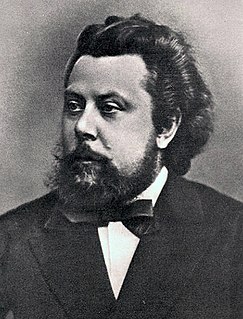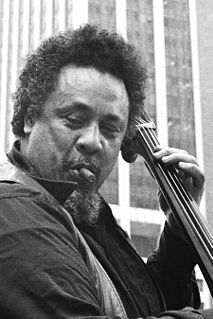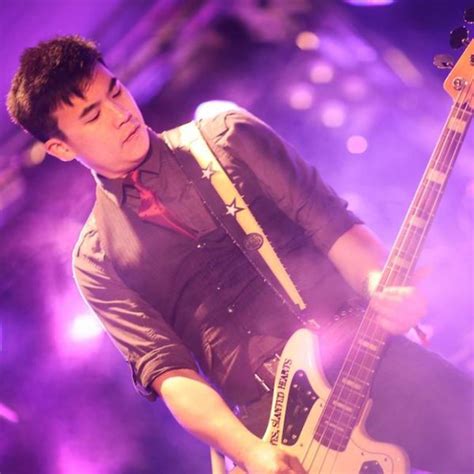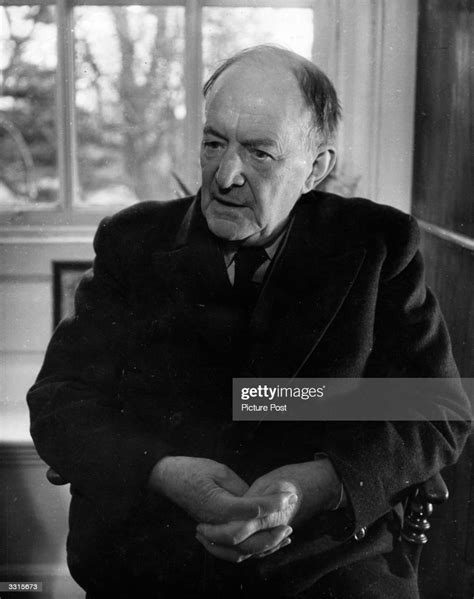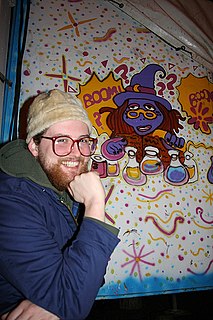A Quote by Dana Gioia
The music that of common speech but slanted so that each detail sounds unexpected as a sharp inserted in a simple scale.
Related Quotes
The wonders of the music of the future will be of a higher & wider scale and will introduce many sounds that the human ear is now incapable of hearing. Among these new sounds will be the glorious music of angelic chorales. As men hear these they will cease to consider Angels as figments of their imagination.
That sound in tune to you?.. Sounds sharp to me. Sounds like I'm playing sharp all the time. My singing teacher told us you should do that. Maybe I got it from her. She said singers when they grow old have a tendency to go flat. So if you sing sharp as a young person, as you get older and go flat, you'll be in tune. In other words, it's never thought good to be flat. It means you can't get to the tone.
Scale is a mental - you can say that a lounger has scale, a building has scale, or an object has scale, or a page, or whatever if it's just right. A scale is a relationship to the object and the space surrounding it. And that dialogue could be music, or it could be just noise. And that is why it is so important, the sense of scale.
I started asking friends, my white friends around, I said, "What's something that you think all Asians have in common?" They almost always immediately said, "Slanted eyes." I thought that's really interesting. No. 1, it simply isn't true. Not all Asian Americans have slanted eyes, and of course, Asians aren't the only ethnic identities to have them. No. 2, we could talk about our slant on life and what it's like to be people of color, while at the same time, using this outdated and obscure racial slur, and turning it on its head.
When music sounds, gone is the earth I know, And all her lovelier things even lovelier grow; Her flowers in vision flame, her forest trees Lift burdened branches, stilled with ecstasies. When music sounds, out of the water rise Naiads whose beauty dims my waking eyes, Rapt in strange dream burns each enchanted face, With solemn echoing stirs their dwelling-place. When music sounds, all that I was I am Ere to this haunt of brooding dust I came; And from Time's woods break into distant song The swift-winged hours, as I hasten along.
I think a lot of electronic musicians are drawn to starting with texture because the whole reason we're working with electronics is to try to create new sounds or sounds that cannot be created acoustically. When you're doing that, it's nice to be able to just create a different palette for every single song. I feel like a lot of electronic music sounds like...Each album sounds like a compilation more than it does a band.

